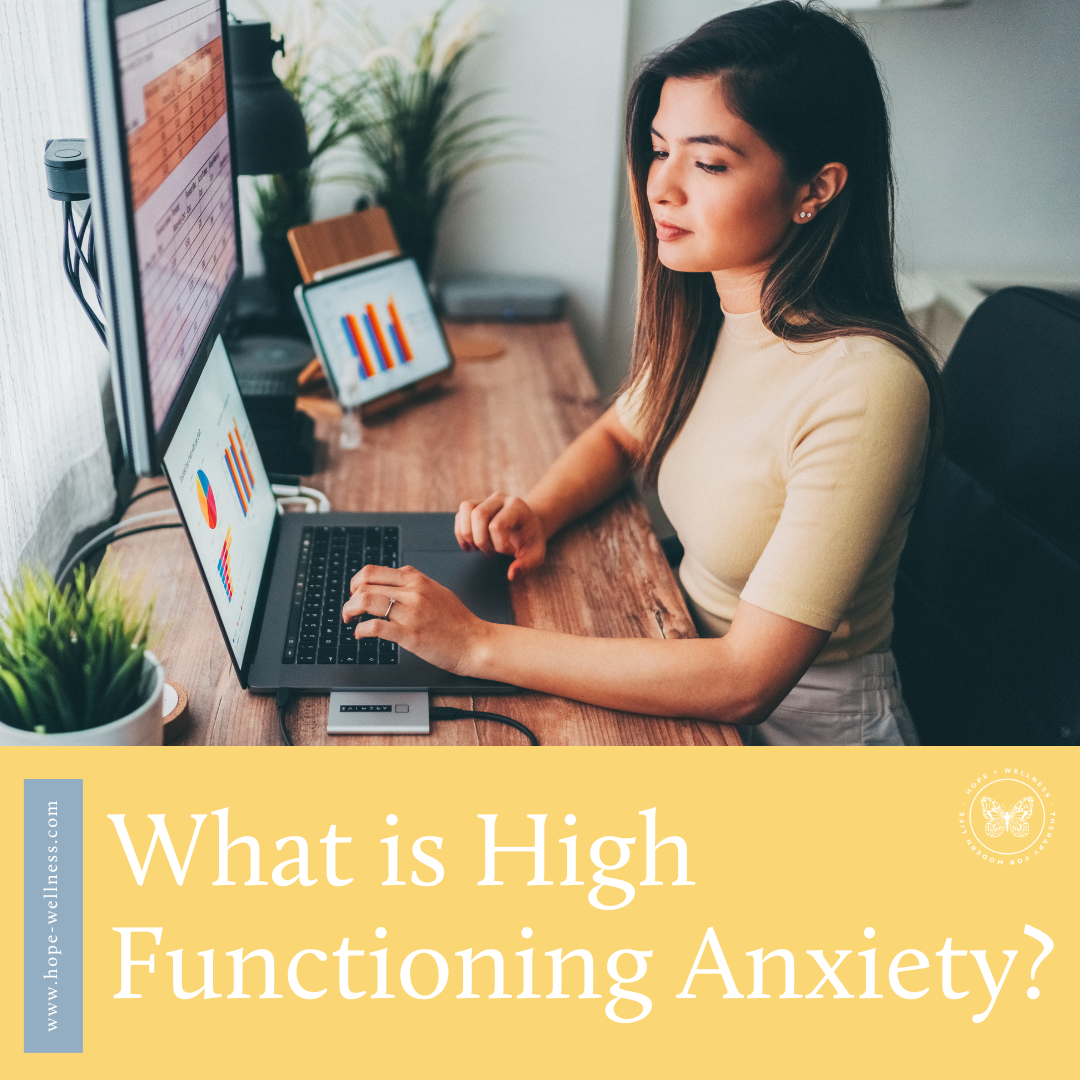Listening to Your Intuition After Trauma
Trusting your intuition after something traumatic has happened to you can be extremely difficult.
Oftentimes after trauma, we don’t trust ourselves at all. We feel a false sense of responsibility for what happened to us–like if only we had been on the lookout for warning signs, we could have prevented it. This sort of thinking can make us what is known as hypervigilant.
Okay, what is hypervigilance? And how does it impact our intuition?
Hypervigilance is a state of extreme alertness, and often a symptom of PTSD. When you are hypervigilant it means you are constantly evaluating your environment for potential threats–and frequently responding to threats you perceive that may not really be there. In this state of extreme alertness, normal things that are not actual threats to your safety (physical, emotional, mental) are interpreted as threats, even if all they are is minor discomforts.
This of course has a huge impact on your day to day experience. Experiencing this sort of endless hypervigilance can:
heighten your anxiety
make you feel physically more tense/sore/achy
affect your sleeping habits
affect your appetite
So it is hard to live in a state of hypervigilance. It is basically like living, constantly in fight, flight or freeze mode. Recognizing that is an important beginning step as you heal: What you are doing takes so much strength, and even if others can’t see it, you deserve to have that acknowledged. Be kind to yourself through this process of healing, even if it doesn’t go as quickly as you would like it to. Anything you’re feeling is okay; whether you’re disheartened or frustrated or angry or sad. There is no wrong way to feel, but remember this is only temporary.
So, the first step to healing your relationship to your intuition after trauma is to promise to be gentle with yourself.
It will likely be a slow process, that will happen gradually as you work through what happened to you and do other healing work in therapy. Being hypervigilant will not disappear overnight, but you can begin to pay attention to your body's cues, to learn them and start to distinguish between fear and hypervigilance and your intuition or “gut feelings” again.
Getting in tune with your intuition again:
Don’t rush it!
After experiencing trauma there’s often an internal sense of “I should just get over it” or “it wasn’t that bad” or “I’m overreacting” or “I should be over it by now.” But none of these thoughts are true or helpful! There is no timeline on healing, so there is no wrong amount of time for you to “get over” something. And it is always better to heal slowly than to sweep over something and leave the wound ignored or dealt with insufficiently.
Change your goal.
The goal isn’t going to be figuring out what is fear and what is intuition at first. While eventually you want to be able to know when you’re being triggered so you can self soothe or get some support in the moment rather than react to every perceived threat (when there may not be one), to start that’s not realistic! It’s too many steps at once.
Instead start by not focusing on whether your feelings are rational or not or whether the danger you're feeling is "real" or "valid"–but noticing when those feelings pop up at all. It’s actually okay to protect yourself more than “necessary”–this is something many people struggle with. It is not your responsibility to live as though you haven’t experienced a trauma when you have. It’s just your job to notice your feelings thoughtfully and explore what they mean for you–and to keep yourself safe as you do so.
The feelings you’re experiencing do have a real impact on you, so responding to that fear is perfectly normal. These extreme responses will come up more often than before but they will slow and settle as you heal. The point isn't to shut those reactions off but to learn to tune in and notice what you're feeling when you feel it
Notice what you’re feeling!
When instances like this(feeling triggered, responding to a perceived threat, etc.) come up, don’t try to shove your feelings away because they’re “irrational.” Instead, ask yourself:
What am I feeling?
Where did this feeling come from?
Was there something in my surroundings that triggered it?
Where in my body do I feel this feeling?
Get familiar with your responses.
Eventually you will be able to distinguish between your intuition or “gut” telling you something, and your past trauma being triggered and putting you on high alert. Getting in tune with your emotional responses, and taking time to notice will help to facilitate this.
Many people, even those who haven’t experienced something traumatic, struggle to tell the difference between their fear and their intuition. It takes time and practice to be able to recognize which one is speaking to you. A general rule of thumb is that if it is your intuition, it will provide a feeling of calm groundedness, whereas fear and hypervigilance feel emotionally charged, urgant, and focused on uncontrollable what if’s.
If you’re looking for more support as you heal your relationship to your intuition after experiencing a trauma, one of our therapists can help support you. Contact us today!









Getting to know your inner child is a journey of self-discovery and healing. It’s about honoring the child within you, understanding their needs, and providing the care they’ve longed for. While the process can be challenging, the rewards—greater self-awareness, emotional freedom, and a more fulfilling life—are well worth the effort. Here’s how you can start.